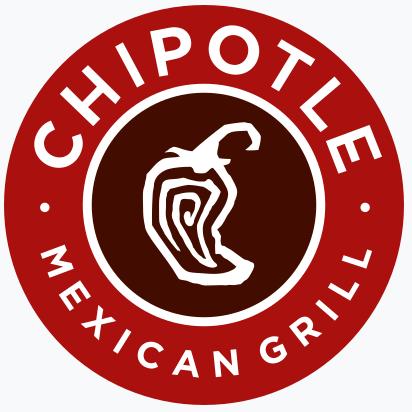
"Life is like a box of chocolates," Forrest Gump's mom would say. "You never know what you're going to get." The same is true for a bag of Chipotle.
Indeed, when you're feeling adventurous, head over to the local Chipotle and order a burrito. Who knows what you're going to get. E. coli, Salmonella, Norovirus -- all are distinct possibilities. As Dr. Josh Bloom wrote, one could be forgiven for thinking that Chipotle is running a secret bioweapons research lab.
But that's not why Chipotle is back in the news. This time, the restaurant is accused of using chemicals that will give their customers cancer. The story, by an organization called The New Food Economy, is definitely hype meant to scare people, but it's also not total nonsense.
The Trouble with PFAS
The controversy involves a family of chemicals collectively known as PFAS (per- and polyfluoroalkyl substances). As the name implies, these compounds contain a lot of fluorine, replacing typical C-H bonds (which generally break down over time) with C-F bonds (which are very stable). They're so stable, in fact, that PFAS tends to stick around for a while.
How long? In humans, PFAS can remain in the body for years. One study, for instance, showed that the biological half-life (i.e, the time it takes for the concentration of a chemical to be reduced by 50% from the body) was a few years. It is thought that, in the environment, PFAS can last for decades if not centuries.
Obviously, that's not ideal. But PFAS is a useful chemical that helps prevent food from sticking to things, like cardboard boxes. (They also make clothing water-repellent.) It's why Chipotle and countless other restaurants use PFAS in their compostable plates and bowls. The problem, however, is that if PFAS really is a "forever chemical" as it has been called, then should it be used in compostable items in the first place? And, more importantly, does it have a negative effect on our health?
Frustratingly, the answer to both of those questions is, "We don't know." More research is needed. PFAS can be detected just about everywhere in the environment and in our bodies. But it must be kept in mind that merely detecting a chemical's presence does not automatically mean that the chemical is doing something bad. That's why The New Food Economy's headline stating that Chipotle's bowls contain "cancer-linked" chemicals is an exaggeration.
Chipotle Can't Catch a Break
We aren't in the business of defending Chipotle. (We actually wrote a tongue-in-cheek article showing how you're more likely to get sick at Chipotle than to be attacked by a shark.) Their shameless "holier-than-thou" attitude and fearmongering over GMOs has returned to bite them in the rear end. The company took a big marketing gamble and lost.
However, the PFAS story is unfair. Even if you cut Chipotle completely out of your diet, you're still going to be exposed to PFAS from hundreds of other sources. If you need something to worry about, then be concerned about getting food poisoning from a burrito.



